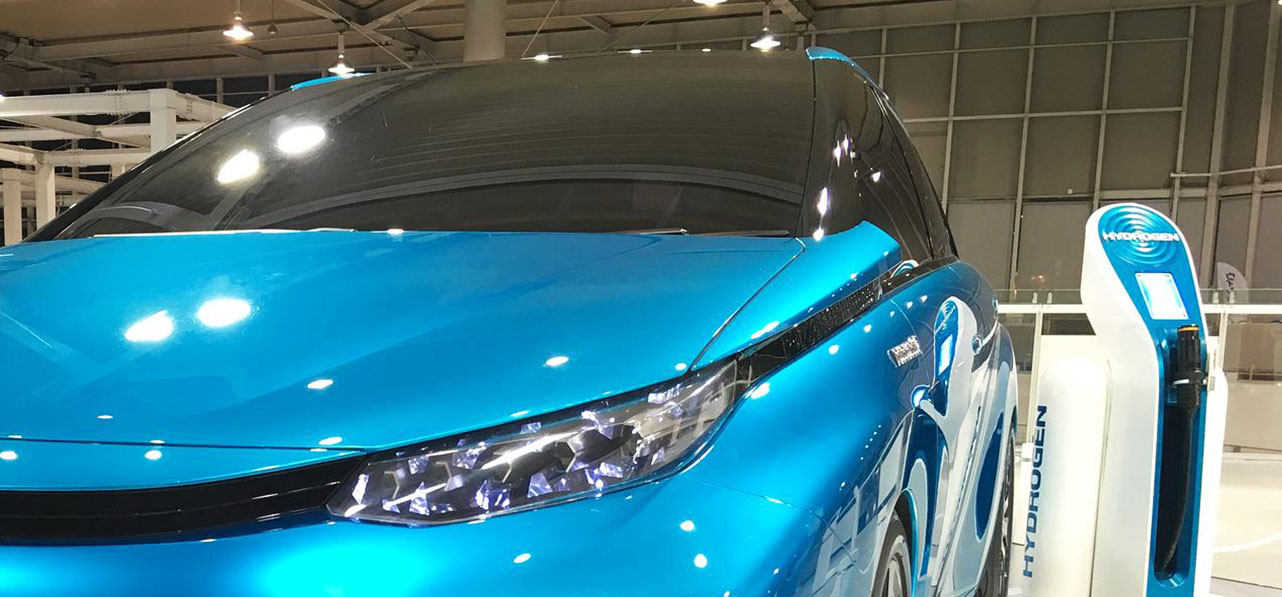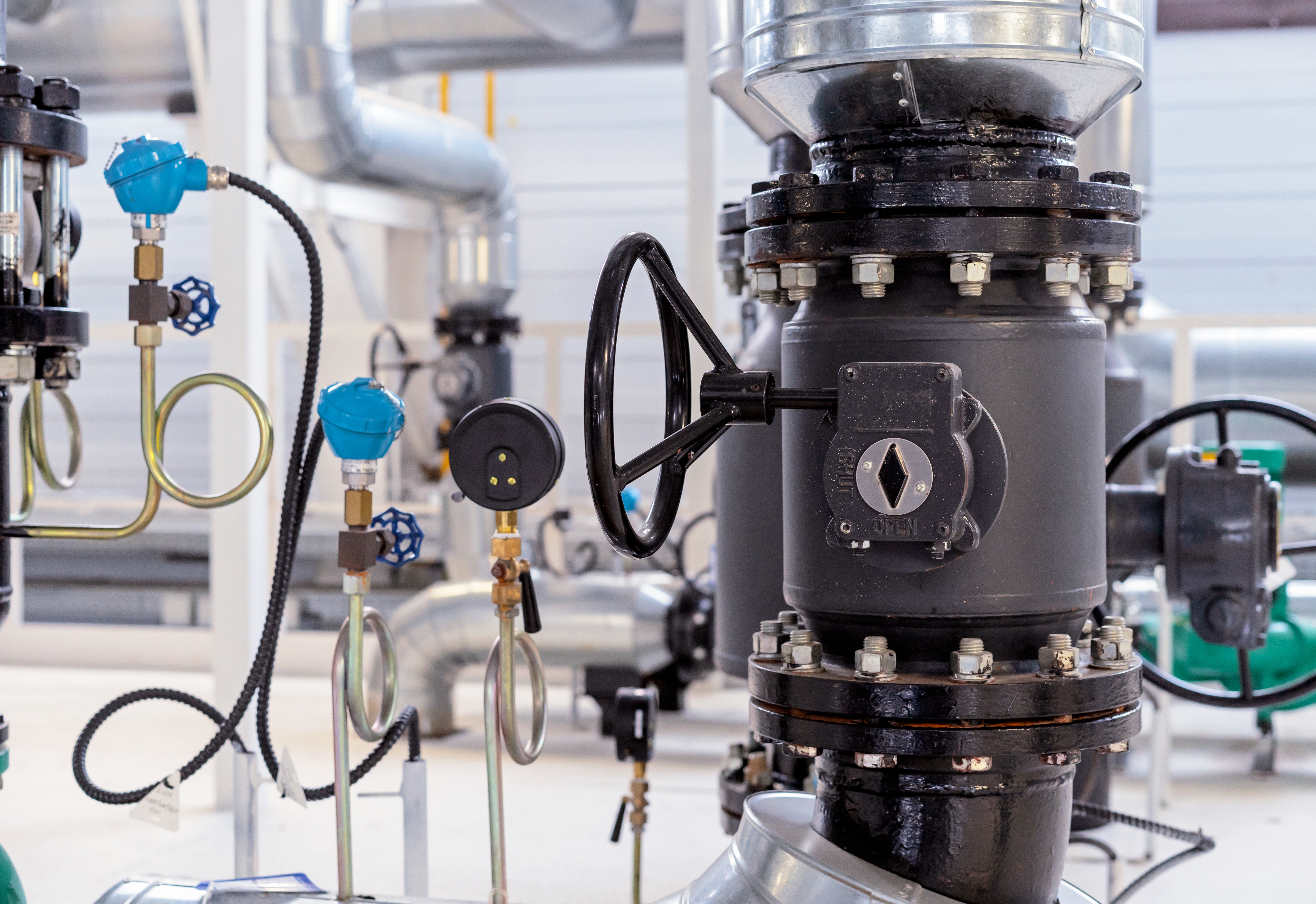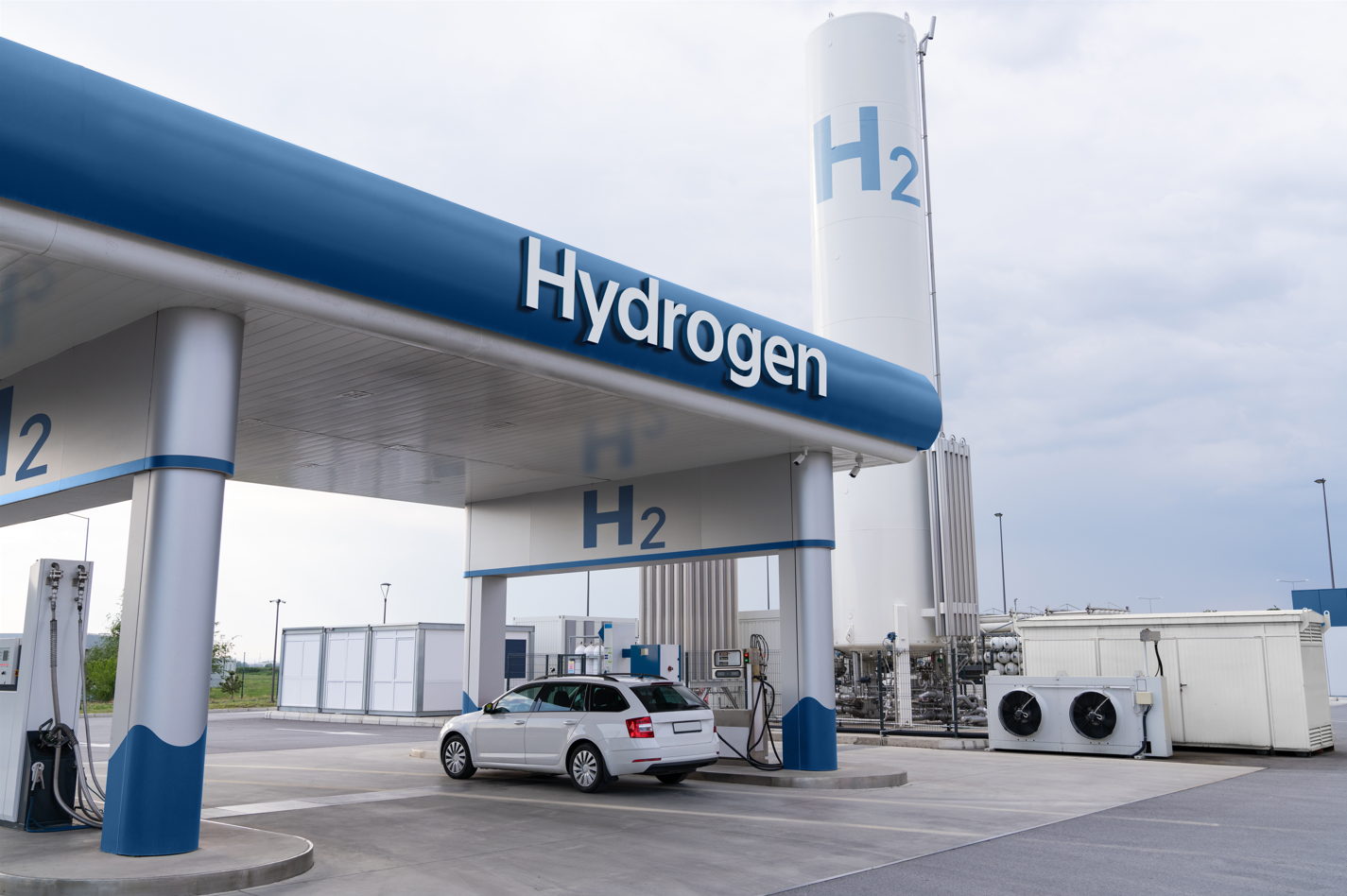Featured Articles
2022-05-23
Surviving in extremely cold temperature is not an issue for hydrogen cars
 Cold start of hydrogen vehicles has been solved.
Cold start of hydrogen vehicles has been solved.Although both hydrogen fuel cells and lithium batteries belong to the field of electrochemistry, there are significant differences. The mechanism of lithium batteries is more like passive, and can only store electrical energy。By contrast, the hydrogen fuel cell does not have the characteristics of storing electrical energy, but relies on the chemical reaction of externally added hydrogen permeation and oxygen in the air to generate electrical energy, which is used to drive motors and other power consuming devices. A hydrogen fuel cell is literally a battery and is essentially an active system. The system architecture of the entire hydrogen vehicle is closer to that of a fuel vehicle. The hydrogen fuel conversion efficiency of hydrogen energy vehicles is higher than that of fuel vehicles, but it still generates high heat, and the treatment method is similar to that of fuel vehicles. That is to say, the difficult problem of temperature treatment of lithium electric vehicles will not occur in hydrogen energy vehicles. On the other hand, in terms of cold start, hydrogen energy vehicles need special technology to solve.
At present, the proton exchange membrane technology is the mainstream of hydrogen fuel cells for vehicles, because its characteristics can better meet the needs of mobile vehicles with fast startup and low operating temperature. In addition, nano-scale platinum plating technology has been developed, which has the advantages of greatly reducing the amount of platinum used, and at the same time significantly improving the energy density. But the proton exchange membrane fuel cell takes a long time to start cold in a low temperature environment, which is the biggest problem. The so-called low temperature cold start means that it can be started normally below 0 degrees C, and the internal temperature of the hydrogen fuel cell can be quickly increased to 70 to 80 degrees C, so that the vehicle can immediately enter the normal state of operation. Technically, however, this problem has been overcome and is widely used in the cars for production, but details are seldom disclosed.
According to Toyota's official website information, as early as 2014, the company's first-generation hydrogen car Mirai conducted a cold start test. After parking a Mirai outdoors, the outdoor temperature changed from -20 degrees C when the vehicle stopped, down to -30 degrees C after about 17 hours, then started for 35 seconds, the power can reach 60%; after another 35 seconds, the power climbs to 100%.
Hyundai Motor's hydrogen car NEXO revealed on its official website that it had performed an ultra-low temperature test at the Swedish proving ground only 1 hour away from the Arctic Circle, and it could start at -30 degrees C. At the end of 2021, a well-known professional racing driver Adrien Tambay drove the NEXO to set the first endurance record in extreme conditions at the International Decarbonization Vehicle Record Center in Val Thorens, a French ski resort at an altitude of 2,220 meters. After filling up with hydrogen once and the outdoor air temperature does not exceed -6 degrees C, it traveled 666 kilometers in six hours, and the remaining hydrogen fuel can travel about 50 kilometers at an average speed of 109 kilometers per hour.
References
- R ECURRENT, How Temperature Affects EV Range, https://www.recurrentauto.com/research/how-temperature-affects-ev-range
- Hyundai News Release, 2021-12-22, Six-hour drive at an altitude of 2,220 metres on a single charge: Hyundai NEXO sets Endurance Record on icy circuit
- Idaho National Lab, News Release, 2018-07-31, EV CHARGING IN COLD TEMPERATURES COULD POSE CHALLENGES FOR DRIVERS
- FuelCellWorks, 2020-12-4, New Mirai Hydrogen Fuel Electronic Vehicle, Under the Skin
- Taiwan Research Highlight, 2021-11-17, Use Hydrogen Fuel Cells to Achieve the Energy Recycle and Promote the Realization of Our Net-Zero Emissions



